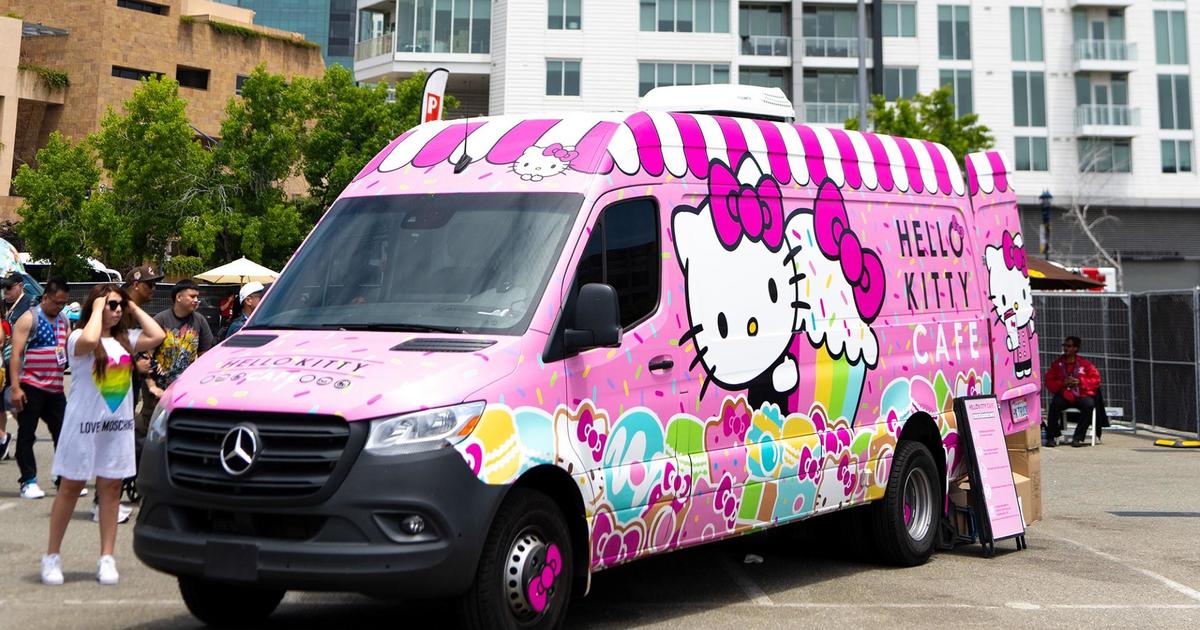Germany Calls For An End To Gas-Powered Engine Cars In 13 Years!
PHILADELPHIA (CBS) -- Late last year the German Bundesrat, roughly the equivalent of the American Senate, passed legislation banning the production of internal combustion engine vehicles by 2030.
This was a very dramatic move considering that in 1885 German mechanical engineered Karl Benz ushered in the age of the gas powered automobile and arguably the auto industry has been the crown jewel of the German economic powerhouse.
This coincides with a sharp increase in the sales of electric and hybrid cars worldwide, especially China. Even in the U.S., where electrified vehicles have barely broken 3 percent of total vehicles sold, growth is up by as much 60 percent.
Bolstering the upward trend line is the rollout of a dozen new electric models over the next three years from major manufacturers in every segment from subcompacts like the Chevrolet Bolt to high performance sportscars like the Porsche Mission-E, and even the recently announced hybrid electric and all electric Ford F-150 pick-up truck.
The Germans have begun pressing their Euro Zone partners to adopt this aggressive anti-internal combustion engine position. So far only the Netherlands has taken their lead with a similar ban slated for 2035.
The impetus for gas powered engine ban I directly linked to the VW diesel emissions and mileage cheating scandal. Once the Germans realized that diesel was not their permanent and safe hedge against high fuel prices, they switched gears very quickly and are promoting an all-electric approach.
In the U.S., a ban on gas-powered engines is not very likely/. Though electrified vehicles will become a bigger part of the American auto market, there concerns about straining the already over-taxed power grid charging 253 million cars.
There is also a significant environmental issue associated with the widespread proliferation of electric vehicles, as they have yet to resolve the massively toxic manufacturing process and disposal issues associated with the batteries to power these vehicles.
This has sparked more interest in the development of cleaner hydrogen fuel cell and the network of fueling stations it would require to support the technology.



